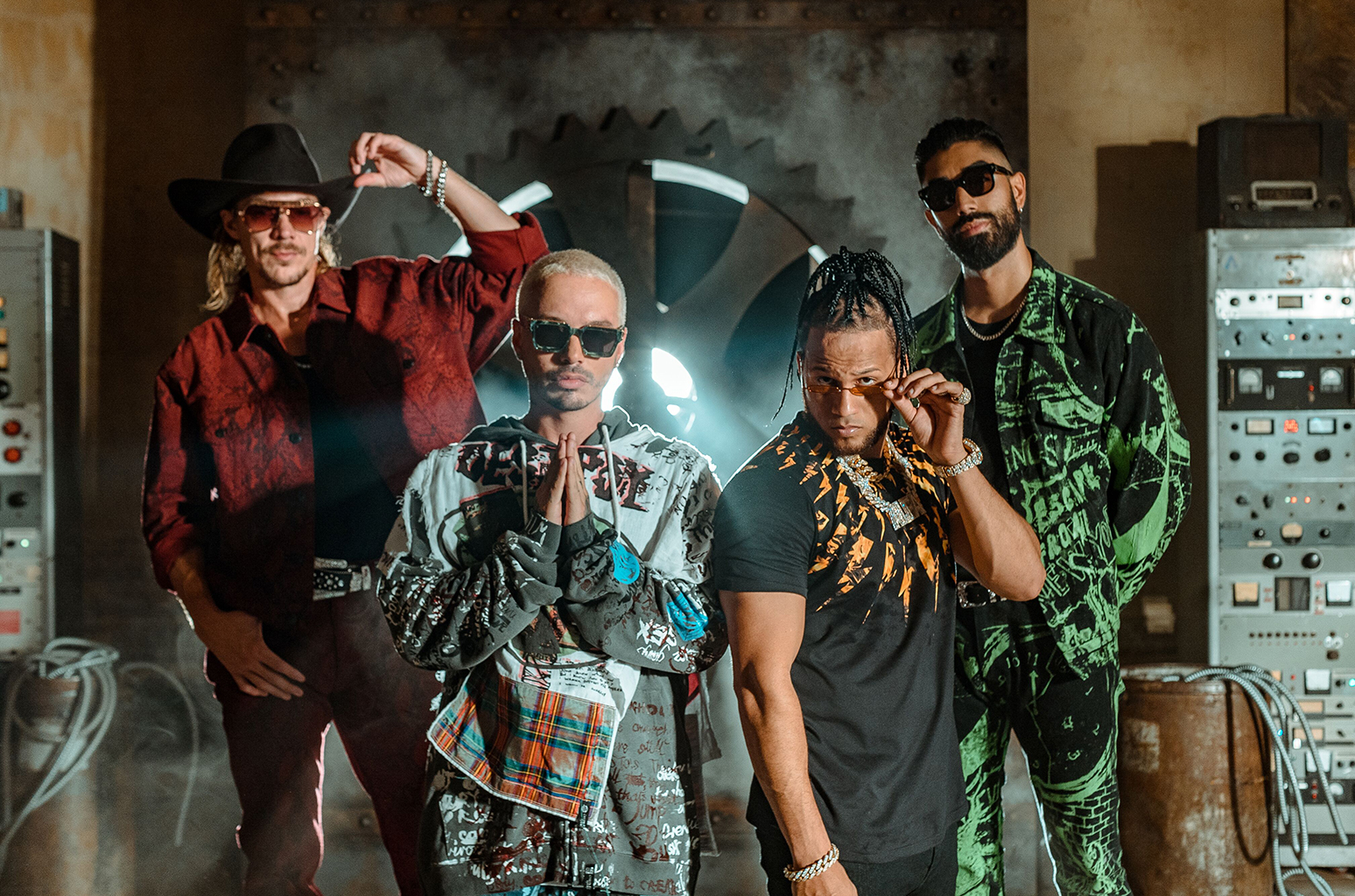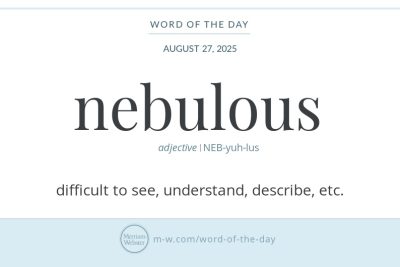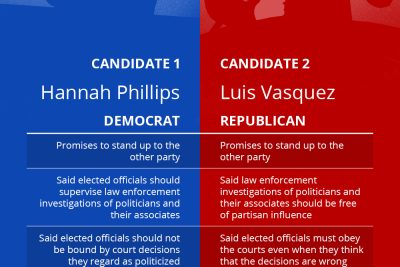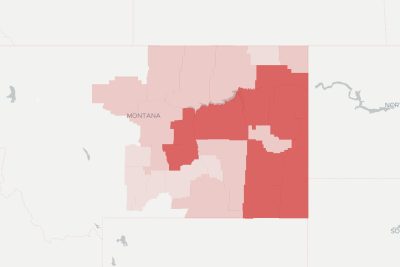
Latin Hit Songs: The Evolution of Reggaeton & Collaborations

In the vibrant world of latin hit songs, few genres have captured the global audience quite like reggaeton. Originating in the late 20th century, reggaeton has evolved dramatically over the decades, blending diverse styles and influences. Artists from Latin America have commanded the music scene, pushing the boundaries of creativity and collaboration. This article delves into the evolution of reggaeton, from its roots to the present day, highlighting the collaborations that have further propelled this genre's popularity.
As we journey through the history of reggaeton, we explore its inception, key pioneers, and the cultural significance of the music that has transcended geographical boundaries. Names like Bad Bunny and numerous collaborations characterize the modern reggaeton landscape, reflecting a fusion of sounds that resonates worldwide. The global phenomenon of reguetoon exemplifies how musical styles can converge to create something unique, attracting diverse audiences and influencing new generations of artists.
- The Birth of Reggaeton: Roots and Influences
- Key Artists Who Shaped the Genre
- Bad Bunny: The Game Changer in Reggaeton
- The Fusion of Reggaeton with Other Genres
- Notable Collaborations in the Reggaeton Scene
- The Impact of Streaming on Reggaeton's Popularity
- Globalization: Reggaeton’s Reach Beyond Latin America
- The Role of Social Media in Promoting Latin Hits
- Future Trends: What’s Next for Reggaeton?
- Conclusion: The Lasting Legacy of Reggaeton and Its Artists
The Birth of Reggaeton: Roots and Influences
Reggaeton finds its origins in the late 1980s and early 1990s, primarily in Puerto Rico. It’s an amalgamation of various musical styles, including dancehall, hip-hop, and traditional Latin rhythms. The genre began to take shape around the same time that reggae music was gaining popularity in urban areas, specifically in the Caribbean region. Early pioneers like DJ Playero and Daddy Yankee became instrumental in defining the sound, drawing from influences such as hip-hop and salsa, setting the stage for the 2000s reggaeton boom.
The late 1990s saw the release of critically acclaimed mixtapes that laid the groundwork for mainstream success. With street culture heavily influencing its development, reggaeton echoed the realities of urban life, bringing forth stories that encompassed everything from love to hardship. This grassroots evolution was marked by underground parties and local radio stations, propelling reggaeton onto the charts and into homes worldwide.
Key Artists Who Shaped the Genre
As reggaeton gained traction, a slew of artists emerged, each contributing to the genre’s rich tapestry. Artists like Daddy Yankee, often dubbed the "King of Reggaeton," played a pivotal role in popularizing the genre with his chart-topping track "Gasolina." His success opened doors for many others and set a new standard for Latin artists.
Alongside Daddy Yankee, artists such as Don Omar, Wisin & Yandel, and J Balvin became household names in the early 2000s. They helped to solidify reggaeton as a legitimate genre within the global music industry. Each artist brought their distinct style, flavor, and lyrical content, further enhancing the latin hit songs landscape.
Bad Bunny: The Game Changer in Reggaeton
Among the new wave of reggaeton artists stands Bad Bunny, who inaugurated a new chapter in the genre's story. Born in Puerto Rico, he quickly rose to prominence with a unique blend of reggaeton, trap, and Latin sounds. His breakout single, "Soy Peor," garnered viral success and showcased his ability to innovate within the genre.
Bad Bunny's music often addresses themes of love, heartbreak, and empowerment, resonating with a younger audience seeking authenticity and relatability. His debut studio album, X 100PRE, was a commercial success, signaling that reggaeton was ready for a fresh face. With collaborations featuring stars like J Balvin and Cardi B on tracks such as "I Like It," Bad Bunny further blurred the genre lines, confirming his status as a trendsetter.
The Fusion of Reggaeton with Other Genres
One of the most exciting aspects of reggaeton is its continuous evolution through fusion with various genres. The integration of sounds and styles has revived classic music forms and made them accessible to wider audiences. Artists like Bad Bunny often incorporate elements of rock, punk, and even electronic dance music (EDM) into their songs, creating fresh auditory experiences.
This fusion extends beyond lyrics and melodies, with collaborations involving artists from completely different musical backgrounds. The merging of reggaeton with pop and hip-hop not only elevates the genre but also introduces it to fans who may not traditionally listen to Latin music. As a result, reggaeton has become a global phenomenon, with its sound echoing in nightclubs and radio stations around the world.
Notable Collaborations in the Reggaeton Scene
Collaborations have been crucial to the success of reggaeton as a genre. Some of the most significant milestones in Latin music history have emerged from partnerships between reggaeton artists and those from other genres. Multi-genre collaborations have become commonplace, with market-heavy artists looking to fuse their distinct sounds with the explosive rhythm of reggaeton.
Tracks like "Mi Gente" by J Balvin and Willy William, which later featured Beyoncé, exemplify the crossover nature of reggaeton. This track topped charts around the world, drawing listeners from various backgrounds. Such collaborations not only push the genre into new territories but also showcase the versatility of latin hit songs on the global stage.
The Impact of Streaming on Reggaeton's Popularity
In recent years, the advent of streaming platforms has revolutionized how reggaeton music is consumed. Artists can now reach a global audience with ease, without the limitations of traditional media. Platforms like Spotify, Apple Music, and YouTube have become instrumental in popularizing both established and emerging reggaeton artists.
Streaming has provided a unique opportunity for listeners to discover new music and artists who may not have had mainstream exposure before. The algorithm-driven recommendations create pathways for reggaeton tracks to go viral and climb charts rapidly. This democratization of music access has been a game-changer for the 2000s reggaeton landscape and continues to influence the genres of tomorrow.
Globalization: Reggaeton’s Reach Beyond Latin America
The globalization of reggaeton is evident as the genre continues to surpass cultural and linguistic barriers. As artists from various countries contribute their unique takes on the sound, reggaeton is reshaped to resonate with an even broader audience. In countries like Spain, Brazil, and the United States, local artists have adapted reggaeton to infuse their cultural elements, creating a diverse and multifaceted genre.
This worldwide appeal is reflected in the increasing presence of reggueton at major music festivals and award shows, representing a shift in how music is viewed on an international scale. Reggaeton has not only influenced the sounds of pop and hip-hop but has also intertwined with fashion, language, and lifestyle, showcasing its comprehensive impact on global culture.
Social media, in conjunction with streaming services, has further catalyzed the growth of reggaeton. Platforms like Instagram, TikTok, and Twitter allow artists to connect with fans, share music, and promote new releases effortlessly. The virality of dance challenges and snippets of songs on platforms like TikTok have encouraged even more dynamic engagement with latin hit songs.
Artists can now release their music and engage with millions in real-time, helping to solidify their status and grow their fan base globally. The interconnected nature of social media makes reggaeton attainable and relatable, facilitating interactions that were impossible in previous decades.
Future Trends: What’s Next for Reggaeton?
As we look to the future, reggaeton is poised to expand further, blending with upcoming genres to redefine its sound continually. Collaborations will remain a significant focus, with artists exploring new partnerships across various genres and countries. Increased experimentation with sounds will allow reggaeton to remain fresh and captivating for audiences around the globe.
The global music landscape continues to evolve, and as new platforms and technologies emerge, the accessibility of regeuton will only expand. The next generation of artists will undoubtedly introduce innovative takes on the genre, ensuring its legacy continues to thrive for years to come.
Conclusion: The Lasting Legacy of Reggaeton and Its Artists
The trajectory of reggaeton signifies a vibrant chapter in Latin music history. From its roots to its current status as a global sensation, the genre has left an indelible mark on the music landscape. The impact of key artists and collaborations highlights the innovative spirit that drives latin hit songs, making it a staple in music today.
As we celebrate the contributions of artists like Bad Bunny and many others, it's crucial to acknowledge the rich influences that have shaped this genre. As reggaeton continues to evolve, it embraces its dynamic nature while fostering connections that resonate with fans worldwide. The future of reggaeton promises exciting developments, making it an exhilarating time for both listeners and artists alike.
Did you find this article helpful? Latin Hit Songs: The Evolution of Reggaeton & Collaborations See more here Education.
Leave a Reply






Related posts